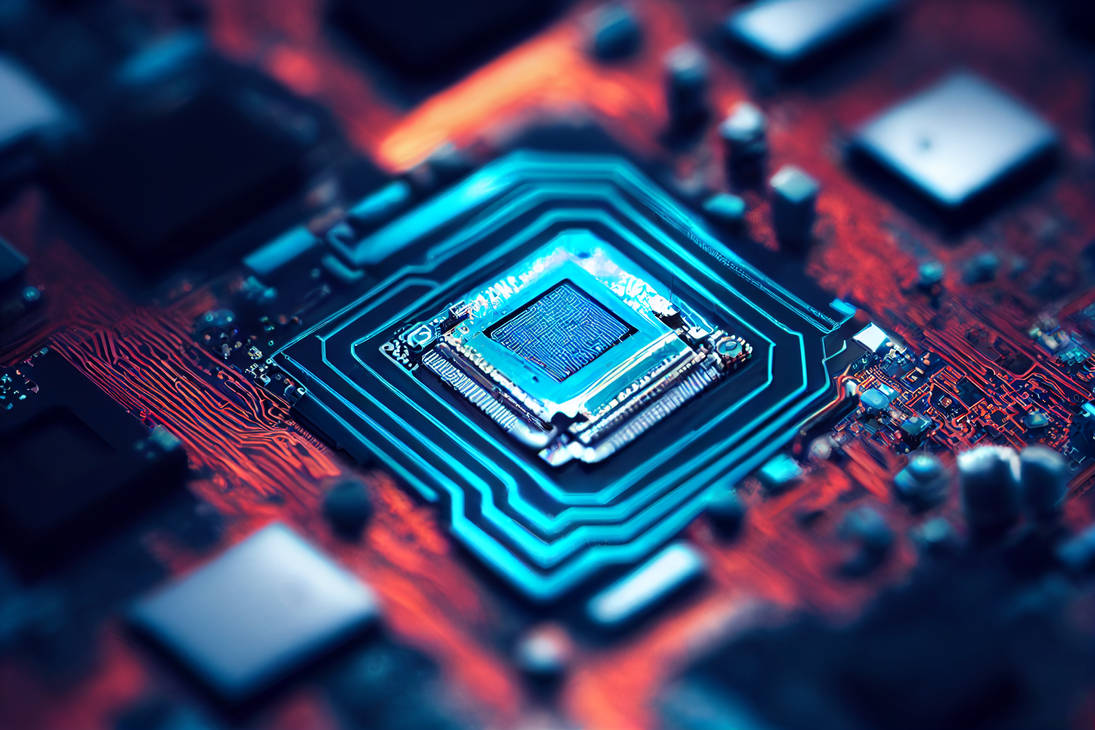
The United States government has announced a new set of restrictions on the export of advanced artificial intelligence (AI) chips, marking a significant shift in its technology export policy. The restrictions, unveiled in a White House press release on Monday, are designed to reaffirm the U.S.’s position as a leader in AI technology while addressing national security concerns.
The new rules adopt a tiered, nation-based approach to managing AI chip exports. Under this framework, countries are categorized into three tiers based on their relationship with the United States and their potential use of advanced AI technology. The first tier includes 18 U.S. allies, which will face no restrictions on chip exports. In contrast, the second tier includes countries that will have some quantity limits imposed on their chip purchases. The third tier consists of nations that will be barred from receiving any advanced chip exports.
Stricter Measures for China and Russia
Countries in the third tier, notably China and Russia, will encounter even stricter measures aimed at preventing them from utilizing AI for military or intelligence purposes. This move comes amid ongoing concerns that these nations could leverage advanced AI technologies to enhance their military capabilities.
Nvidia, the largest US designer and seller of advanced AI chips, has repeatedly protested this latest round of restrictions. The White House says the new rules are intended to make and keep the US a leader in AI, but Nvidia VP of Government Affairs Ned Finkle argues in a post published Monday this will ‘undermine America’s leadership.’ Similarly, Oracle has voiced concerns about the tightly controlled GPU supply chains, suggesting that these regulations could negatively impact legitimate research and development activities.
Nvidia VP of Government Affairs Ned Finkle argues in a post published Monday this will ‘undermine America’s leadership.’ Finkle also applauds Trump for ‘laying the foundation for America’s current strength and success in AI’ and blames the Biden administration for putting ‘global progress’ in AI ‘in jeopardy,’ calling the new rules ‘a 200+ page regulatory morass, drafted in secret and without proper legislative review.’ Despite this criticism, the White House maintains that these restrictions are essential for safeguarding national security while promoting the responsible use of AI technology.
In addition to the tiered restrictions, the new rules introduce a “National Verified End User” status, which may allow select buyers to purchase up to 320,000 GPUs over two years. This provision is aimed at facilitating access for institutions such as universities, medical facilities, and research organizations that require advanced chips for non-military applications.
But much of Central and South America as well as much of Africa, the Middle East, Portugal, Eastern Europe, Switzerland, and Southeast Asia would face some restrictions. Nations in this second tier would still be able to import some advanced AI chips, but they would be subject to a maximum of 1,700 advanced GPUs per order without a license, with orders under 1,700 not counting toward the per-country maximum of 50,000 advanced GPUs each. Moreover, nations facing chip purchase limits may increase their allowable quantities if they comply with certain U.S. security standards.
The regulations reflect a growing trend among governments to exert greater control over emerging technologies that have significant implications for national security and global competition. The U.S. aims to ensure that critical advancements in AI remain within friendly nations and out of reach from those considered adversaries.
“The overwhelming majority of chip orders are in this category, especially those being placed by universities, medical institutions, and research organizations for clearly innocuous purposes.” – The Biden White House
What The Author Thinks
The new restrictions on AI chip exports highlight the growing concerns about national security and the increasing control governments are exerting over emerging technologies. While the U.S. government argues that these measures are essential for maintaining global leadership in AI, critics like Nvidia and Oracle worry about the unintended consequences on legitimate research and development. By prioritizing national security over unrestricted technological advancement, the U.S. may risk stifling global progress and innovation in AI, potentially causing economic and technological setbacks for regions dependent on these chips for non-military applications.
Featured image credit: HaithamKhalifa via Deviant Art
Follow us for more breaking news on DMR
